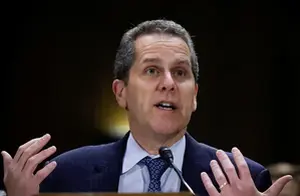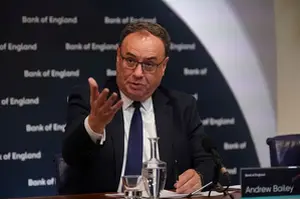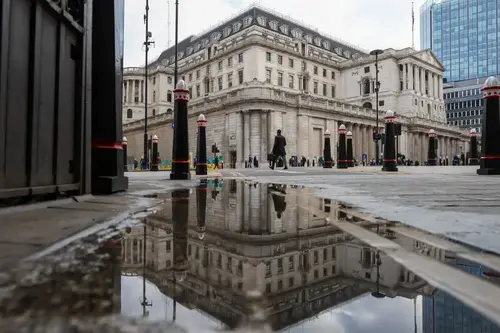
Bank of England seen hiking by a half-point as inflation shows signs of peaking
LONDON — The Bank of England faces the unenviable task of navigating a slowing economy, sky-high inflation and an extremely tight labor market.
The market is broadly pricing in a 50 basis point hike on Thursday to take its main Bank Rate to 3.5%, a slowdown from November's 75 basis point increase, its largest in 33 years.
Having hit a 41-year high in October, the annual rise in the U.K. consumer price index slowed to 10.7% in November, new figures revealed Wednesday. The slowdown mirrored signs across other major economies such as the U.S. and Germany that inflation may have peaked, though it remains uncomfortably high and well above the central bank's 2% target.
The Monetary Policy Committee (MPC) faces the task of dragging inflation back toward its target while remaining sensitive to a weakening economy beset by several unique domestic pressures as well as global headwinds.
This was borne out in the latest U.K. labor market data earlier this week, which showed an uptick in both unemployment and wage growth, while the economic inactivity and long-term illness rates also remain historically high.
The U.K. also faces widespread industrial action over the festive period as workers demand pay increases in line with inflation.
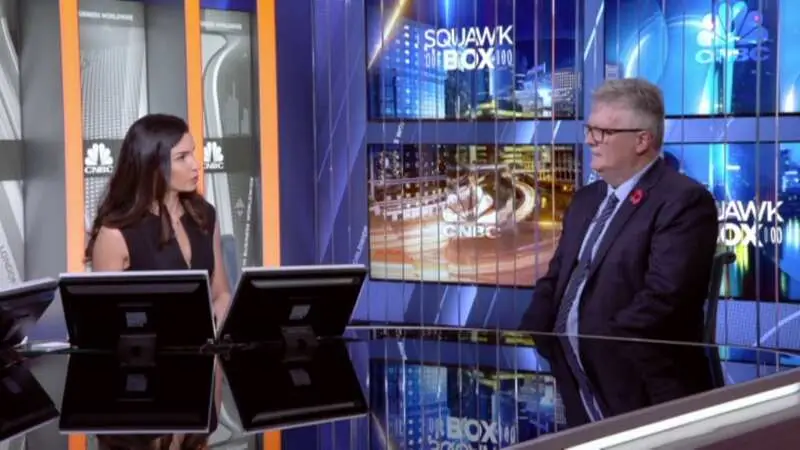
In a note Friday, Barclays economists predicted a split vote among the MPC in favor of another 50 basis point hike, a continuation of the Bank's quantitative tightening efforts and a tweak to forward guidance.
The British lender forecasts two further hikes of 50 basis points and 25 basis points at the February and March meetings, respectively, taking the terminal Bank Rate at the end of this tightening cycle to 4.25%.
The Bank began its sales of U.K. government bonds in October, and hopes to reduce its balance sheet by £80 billion ($99 billion) over a 12-month horizon, through the active sales of £40 billion in assets and a cessation of reinvestments of maturing securities.
Barclays expects these quantitative tightening targets to remain unchanged, but suggested the MPC could tweak its forward guidance. At its last meeting, the Bank took the unusual step of directly challenging the market's pricing of the peak in its benchmark rate.
Barclays Chief European Economist Silvia Ardagna believes the MPC will re-emphasize that the peak priced in ahead of November was unrealistic while removing reference to the current pricing, which has subsequently come down significantly.
Inflation peaking, but more work to do
While recent GDP and inflation figures have offered modestly positive surprises, Gurpreet Gill, macro strategist at Goldman Sachs Asset Management, said broad-based inflationary pressures mean the Bank is unlikely to come off the brakes any time soon.
"Wage growth, a key determinant of services inflation, is around 6%, double the level estimated to be consistent with the Bank's 2% inflation target," she noted.
"Structural supply issues stemming from an aging population, low net migration, higher early retirement and an increase in long-term sickness following the pandemic suggest wage growth may prove sticky."
GSAM also sees further hikes in early 2023 until inflationary momentum begins to subside, in line with the Bank's own assessment that price pressures will ease notably from mid-2023 and early 2024.
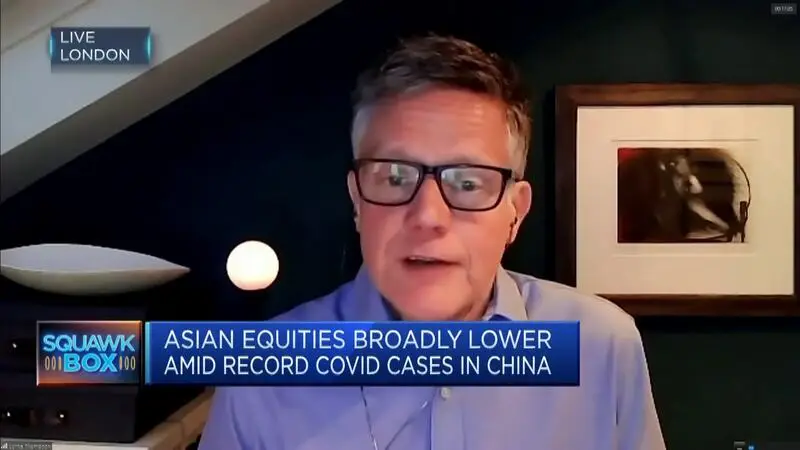
S&P Global Market Intelligence said Wednesday's CPI print showed that inflation had peaked after several turbulent months, shifting focus to when inflation will begin retreating, and how fast.
"We expect inflation to remain elevated well into the first half of 2023, which represents a persistent hit on consumer confidence and real incomes," said Raj Badiani, principal economist at S&P Global Market Intelligence.
"In addition, the pressure on real wages remains relentless, with public sector workers experiencing once in a lifetime drop in living standards."
S&P Global Market Intelligence projects that the 12-month inflation rate is likely to dip below the Bank of England's 2% target by mid-2024 because of "base effects arising from normalizing energy and food prices."
Badiani's team also sees fading demand helping to ease domestic price pressures, as the U.K. "struggles to break from a consumer-led recession in the first half of 2023."
However, they believe the MPC will hike the terminal rate to a peak of 4% in early 2023, before a prospective "free-fall" of inflation from late-2023 allows policymakers to begin cutting rates from early 2024, eventually returning the Bank Rate to 2.5% by November that year.
